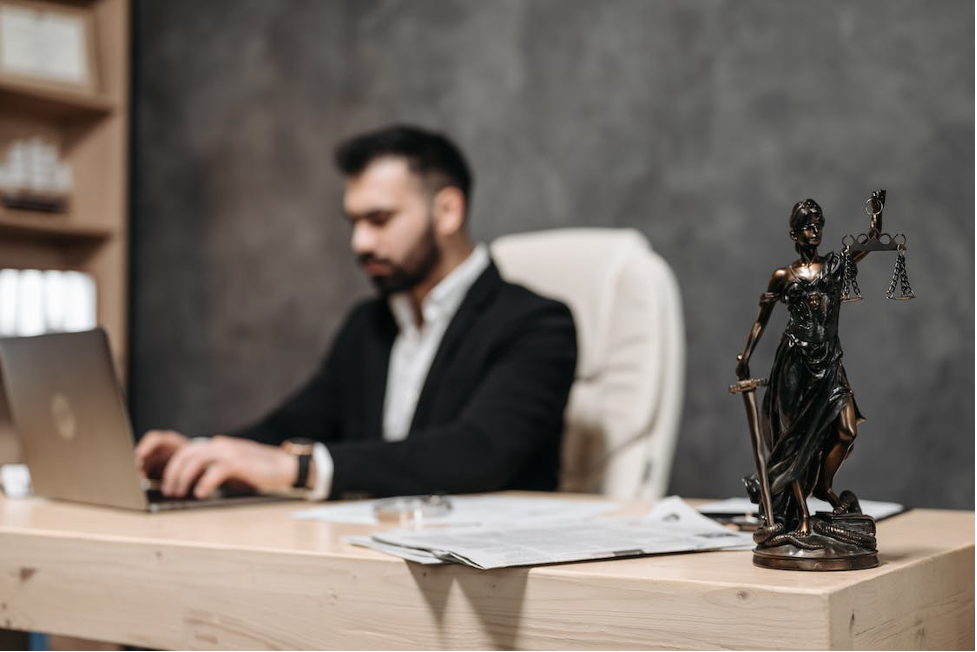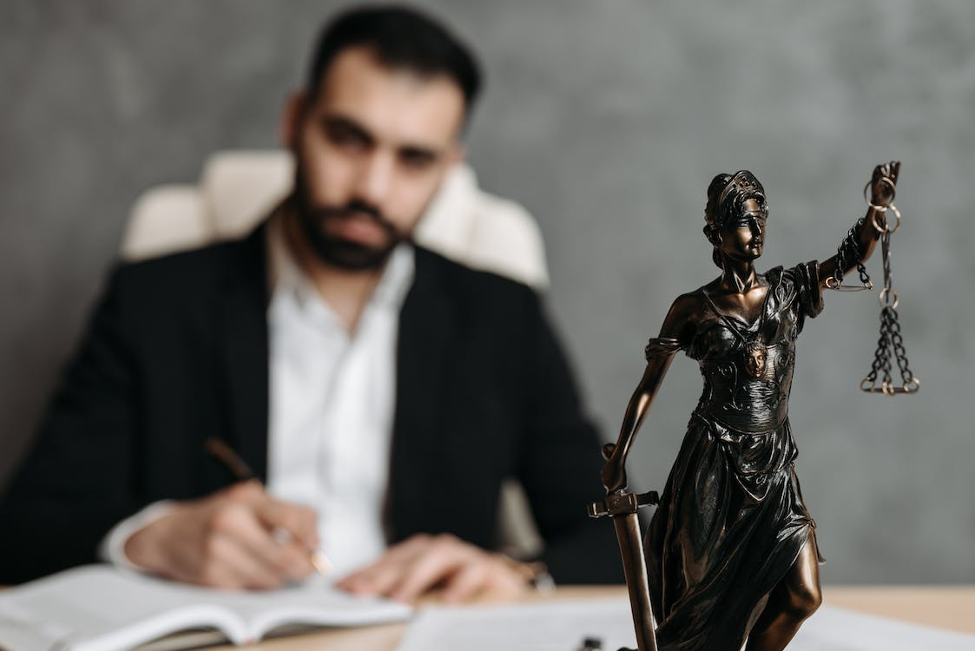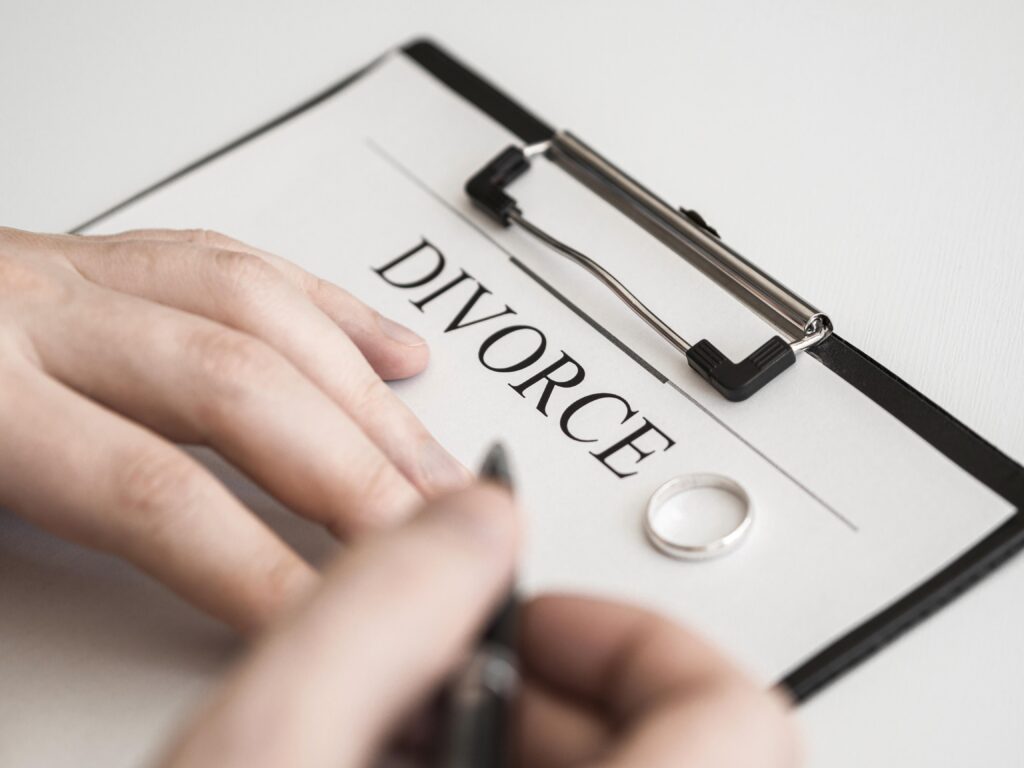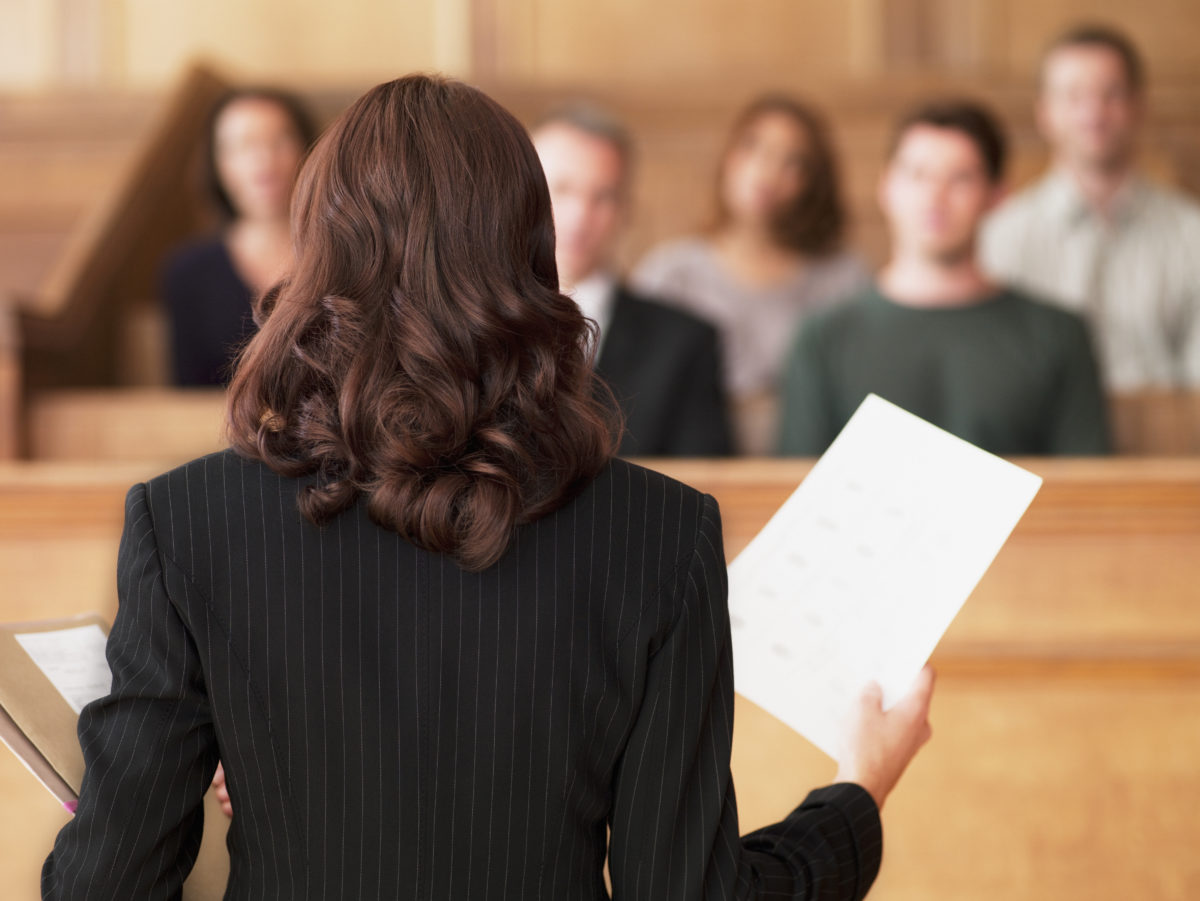Now Reading: The Defense of Criminals: What is a Criminal Defense Lawyer?
-
01
The Defense of Criminals: What is a Criminal Defense Lawyer?

The Defense of Criminals: What is a Criminal Defense Lawyer?
Law and order is an ideal and necessity that should be available to all. It is the cornerstone of justice, the foundation of keeping the peace and those under it accountable. The law and its order are what keep us as a civilization protected and safe, despite some of its flaws.
If the law is important, then the ones who practice it are just as important. These are the people responsible for upholding all who follow the law up to its standards; the ones who protect our rights and the rights of others. Whether it is a cop or a judge, a lawyer or a soldier, these men and women are some of the most important pieces of our governmental infrastructure.
I could keep going on about the law in general, and that is what I intend to do. However, for the sake of keeping this article’s purpose true to its title, I want to go over a certain sect of the legal justice system, the ones who are tasked with protecting the rights of those innocent or guilty. I speak, of course, of the lawyers.
What are Lawyers?
A lawyer, as described by the American Bar Association (ABA) is a licensed professional who advises and represents others in legal matters (see more here). They can come in many shapes and sizes, across all ages and genders. Their purpose encompasses two goals: to uphold the law and protect their client’s rights.
What is a Criminal Defense Lawyer?
A criminal defense lawyer falls in much of the same vein as a regular. They are the same thing of course, only that the former is narrower in definition than the latter. Specifically, a criminal defense lawyer is one who defends people and/or companies that have been charged with a crime. Like regular lawyers, they do this through court and other legal settings.
The Criminal Defense
Criminal defense lawyers specialize in criminal defense, a subsidiary format of criminal law, the latter of which has to deal with the crime and punishment of those who may have committed them. Some of the charges those accused can face include but are not limited to:
- Aggravated assault
- Identity theft
- Rape
- Prostitution
- Murder
- Tax evasion
- DUI (driving under the influence)
- Domestic violence
- Arson
- Bribery
- Aiding and abetting
Criminal defense lawyers are tasked with protecting their clients from the charges listed to the best of their ability.
The Process of Criminal Defense
Criminal defense involves an intricate process which is detailed below:
- The Charges and the Arrest – law enforcement officials gather evidence on the crime and the suspect who may have committed the crime. This can involve interviews, casing the scene, among other things. If there is substantial evidence, the suspect is then arrested and verbally charged with what they are being arrested for. At this point, a lawyer is provided either by the law or by the suspect themselves.
- Bail or Jail – the suspect, who is now called the defendant, is taken in front of the judge to read their charges. Once they are filed, it is decided upon whether or not the defendant is to be released on bail or held on remand until the trial date.
- Preparing the Defense – at this point, the criminal defense lawyer is given the task of preparing the defendant’s case for the judge and jury in open court. This process is done through a series of steps and preparation, which include:
- Documentation – any documents related to the case such as medical records, financial records, possible violations of legal rights, etc.
- Evidence – assessment of all evidence gathered by the prosecution (opposite place of the defendant). The criminal defense lawyer is meant to challenge any parts of the evidence that can be deemed questionable, such as the chain of custody or the authenticity of the evidence.
- Witnesses – identifying and questioning potential witnesses to the crime you are charged with.
- Criminal History – if you have or don’t have a criminal record, this can play out in your favor or disfavor, which your representation will have to work with or around.
- Plea Bargains – these are agreements that are made between the prosecution and defendant. These agreements require the defendant to plead guilty to a crime, in return for the promise of lesser sentencing or a lesser charge.
More can be found at the website below: https://www.wisegeek.net/what-is-criminal-defense.htm
- The Trial – the criminal defense then brings the case to trial, where both parties argue as to whether and why the defendant should be found innocent or guilty. If certain things arise that hinder the prosecution’s case, the criminal defense lawyer can at that point call for a dismissal of the case entirely. This is dependent on matters such as insufficient evidence, illegal stop and seizures by law enforcement, or tainted evidence in general.
- The Verdict – the final sentencing given by the jury and judge that determines the defendant’s innocence or guilt.
How Much Do They Cost?
A criminal defense lawyer can cost a lot of money or no money at all, the latter of which is offered by the government if the defendant can either afford or find a lawyer of their own. If it’s the former, the prices of their services can vary according to firm, state, or individual that practices the law. A rule of thumb to best go by is the better defense you want, the more you will have to pay for it.
Conclusion
Criminal defense is just one of the many facets of law and order, one that is no less important than the other. Criminal defense is something that should be provided to anyone under suspicion of violating the law, and it is something that is provided thankfully. Learning more about the inner working of the law, whether lawyers or police, trial, or court, will help you be more informed about the intricacies and inner workings of the justice system that we as a civilization strive to uphold.











